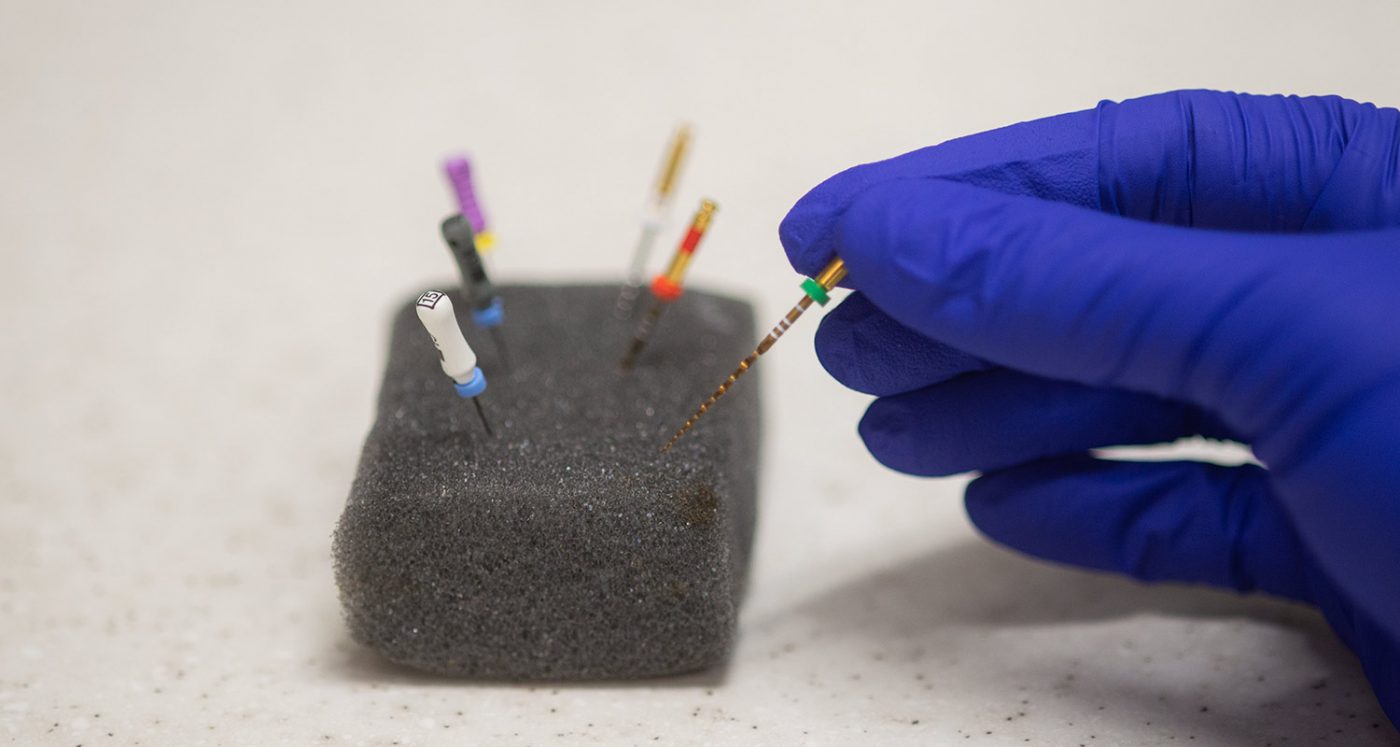If you're experiencing extreme discomfort in your tooth, you could need an emergency root canal. One possible cause of the discomfort could be a serious infection or injury. If not treated immediately, the damage may be so bad that it overtakes the tooth. In this case, the tooth must be extracted to prevent the infection from spreading. The inner tooth may be saved if the chamber is cleaned out.
Root Canal Symptoms
To avoid complications, it is important to look out for the most common root canal symptoms and signs indicating potential endodontic problems:
● Persistent pain. A persistent toothache is one of the main indicators that you might need a root canal. The ache may occasionally subside or persist throughout the day. You may feel it in the bone of your tooth, jaw, face, or other teeth.
● Tooth sensitivity to hot and cold. Tooth sensitivity could feel like a dull ache and sharp pain. Suppose this feeling continues for an extended period, even after you stop eating or drinking. In that case, it may be a sign that you require a root canal.
● Tenderness and inflammation of the gums. Swollen gums near the aching tooth can indicate that an issue requires root canal therapy. Gum swelling might fluctuate and result in soreness when you touch it.
● Tenderness when biting and chewing. If your tooth is sensitive to touch, it could be caused by nerve damage or severe tooth decay, which may indicate a root canal treatment.
● Tooth discolorations. An infection in the tooth pulp and the breakdown of the internal tissue can make your tooth look greyish-black. If you notice your tooth changing color, visit a root canal specialist in Houston.
● Tooth mobility. An infected tooth may feel loose in the socket. However, if several teeth feel loose, the mobility is likely caused by an issue other than a root canal.

Reasons for Emergency Endodontic Treatment
Several common conditions can lead to root canal damage:
- Bacterial Infections are the most common cause of endodontic issues. Bacteria can enter dental pulp due to injury or tooth decay. Infected tooth pulp jeopardizes the tooth's health and can lead to an abscess.
- Injuries. A blow to the mouth area, whether direct or indirect, can damage teeth. Certain wounds can push a tooth out of its socket. Once the dentist has stabilized the injured tooth in its place, a root canal treatment may be required.
- Fractures and chips. Root canal therapy may be needed when a part of the tooth or a dental crown completely detaches. A fractured crown can expose the pulp, causing strong toothache and sensitivity.

- Removals. If the tooth has been knocked out of its socket, rinse it and replace it in the socket right away. If this is not possible, place the tooth in milk to keep the inner parts of the tooth alive while seeking emergency treatment. A unique splint will hold the tooth in place, and an urgent root canal procedure will be necessary to preserve the natural tooth.
Root Canal Recovery Time
With proper oral hygiene, any pain or discomfort after the procedure should only last a few days. Since post-root canal discomfort is usually not severe, you should be able to get by with over-the-counter painkillers like acetaminophen or ibuprofen. If the pain persists for over three days, you should see your dentist for a follow-up.
It is also important to avoid chewing hard food immediately after the treatment, as it could increase the pain.
Choose an experienced emergency dentist in houston.
Could you be a candidate for an emergency root canal treatment in Houston? Choosing a highly trained and experienced emergency dentist to perform the procedure is crucial in this case. Root canal specialist dentists have years of experience providing emergency dental care in Houston. They are determined to ensure you come out of our office smiling again!
Comments